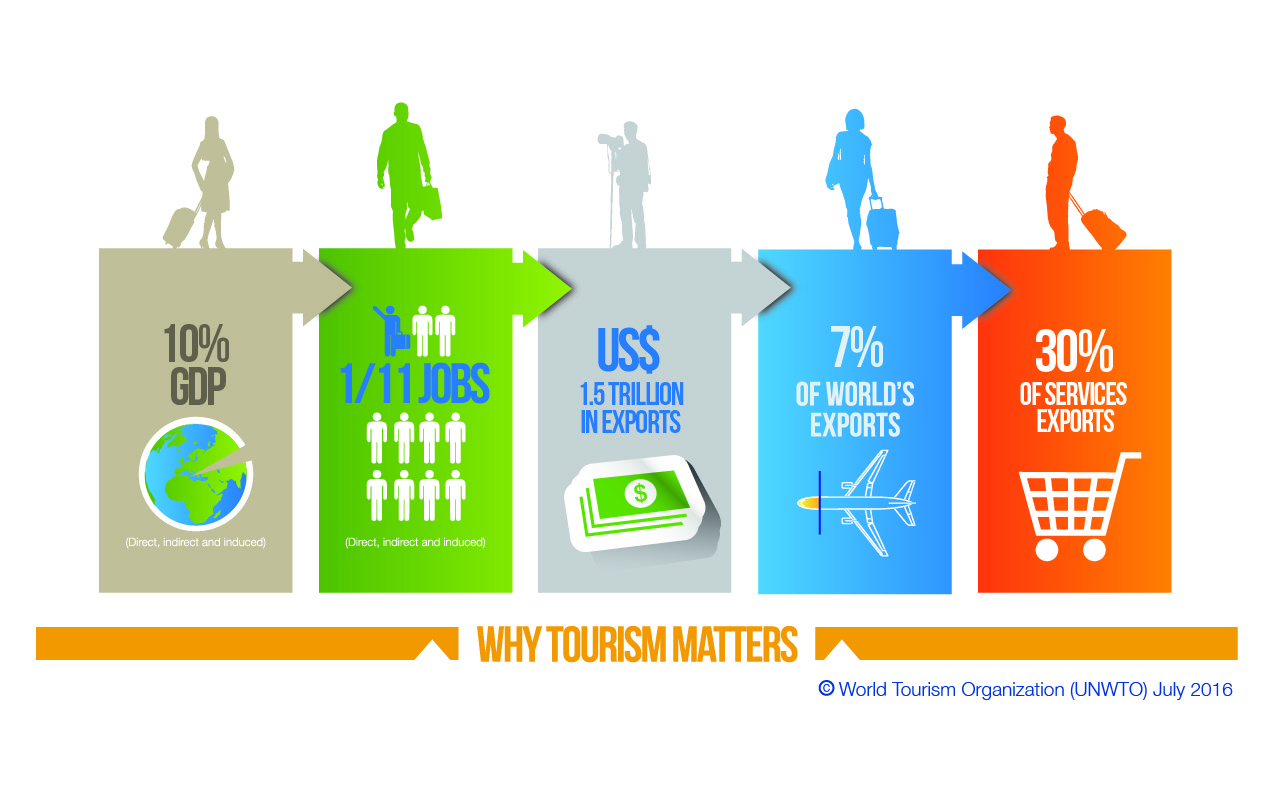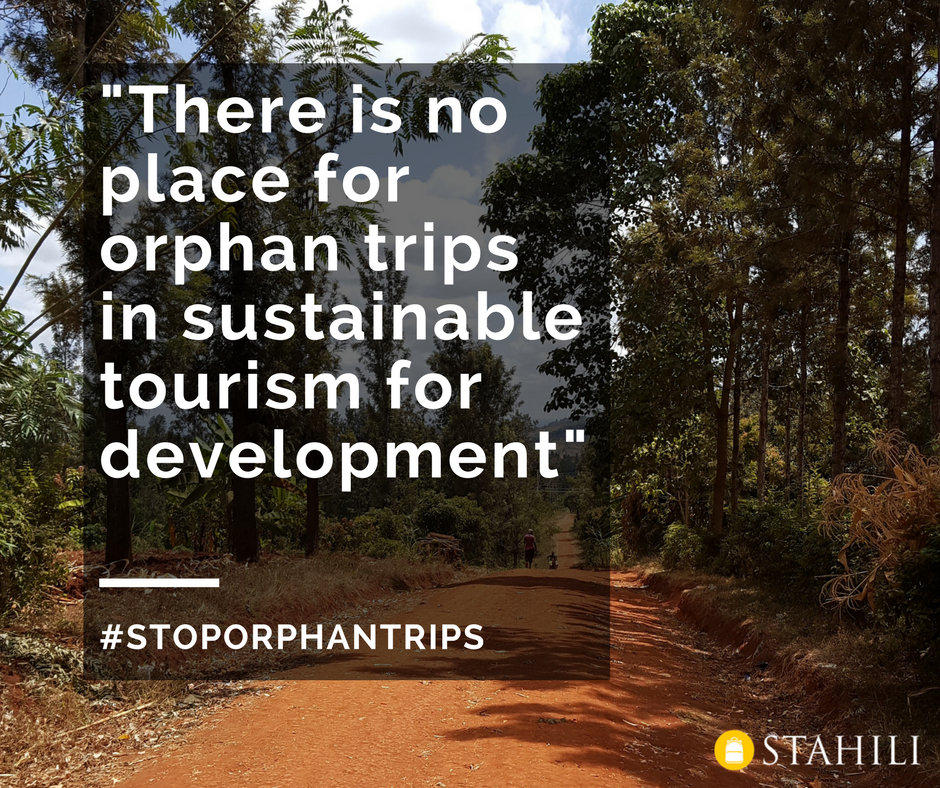Why voluntourism in orphanages should be on the agenda of the UN Year of Sustainable Tourism
2017 is the United Nations International year of Sustainable Tourism for Development, devoted ‘to raising awareness on the contribution of sustainable tourism to development’, mobilising all actors to cooperate ‘in making tourism a catalyst for positive change’.
 Tourism plays a major role in creating jobs and boosting the economies of developing countries. But ensuring that tourism is responsible and sustainable means respecting the needs and rights of local communities. And that includes children.
Tourism plays a major role in creating jobs and boosting the economies of developing countries. But ensuring that tourism is responsible and sustainable means respecting the needs and rights of local communities. And that includes children.
The growth of “voluntourism”
In recent years, the number of people willing to travel long distances to volunteer, convinced of their ability to help those in most dire need, has increased. This growing form of tourism is particularly attractive to young people who see it as an opportunity to combine travelling with doing good. It has been labelled “voluntourism”.
A popular form of voluntourism is working in an orphanage or children’s home. In some cases, volunteers pay for the experience through commercial agencies or directly to orphanage operators. The majority of volunteers are unqualified to work with children, lack appropriate training and local language skills, and are usually accepted without background or police checks. Given the popularity of this form of tourism, the number of international “volunteer abroad” agencies has mushroomed.
But does this form of tourism lead to sustainable development?
As a result of this tourist trend, in countries like Kenya, where Stahili works, private orphanages have become profitable business ventures, often taking advantage of the good will of tourists and exploiting vulnerable and poor families. Children are recruited into orphanages, sometimes to provide a form of attraction for tourists. This phenomenon has also been reported in countries such as Cambodia, Ghana, Guatemala, Haiti, Indonesia, Nepal, Thailand and Uganda, to name a few.
The very presence of short-term voluntourists who arrive through a revolving door can affect children’s emotional development, potentially causing attachment issues later in life. Not to mention that orphanages themselves can be harmful to a child’s development. Children who are separated from their parents or guardians should be cared for by local professionals who are trained to deal with vulnerable children and are aware of the specific cultural and social context.
Volunteer tourist trips to orphanages are counter-productive to sustainable development. The very presence of voluntourists encourages the separation of children from families and communities and increases the instances of child trafficking to orphanages. The cash flow guaranteed by orphanage tourists would better serve children through sustainable alternatives which involve keeping children with their families or establishing other forms of family-based alternative care.
What can be done?
Stahili is committed to fighting against orphanage voluntourism, promoting ethical volunteering, and supporting children and families through sustainable means. We also welcome the idea of sustainable tourism and the many benefits it can bring. However, there is no place for orphan trips in sustainable tourism for development.
Ethically-based tourism can play its part in keeping families together and promote responsible travel and volunteering. Supporting verified and trustworthy organisations that help children through community involvement and sustainable means can bring so much more to vulnerable children.
Stahili strongly discourages travelling and volunteering with children. ‘For profit orphanages’, fuelled by the increasing number of voluntourists, are a great risk for children, their communities and sustainable development. This issue needs to be put under the spotlight of international scrutiny as a harmful form of tourism.
As such, Stahili calls on the United Nations World Tourism Organization, students, tourists, the tourism industry, NGOs and all relevant international organisations to join us in taking a stance against orphan trips.

Are you a former voluntourist? Share your story with us at info@stahili.org and we’ll feature it on our website!